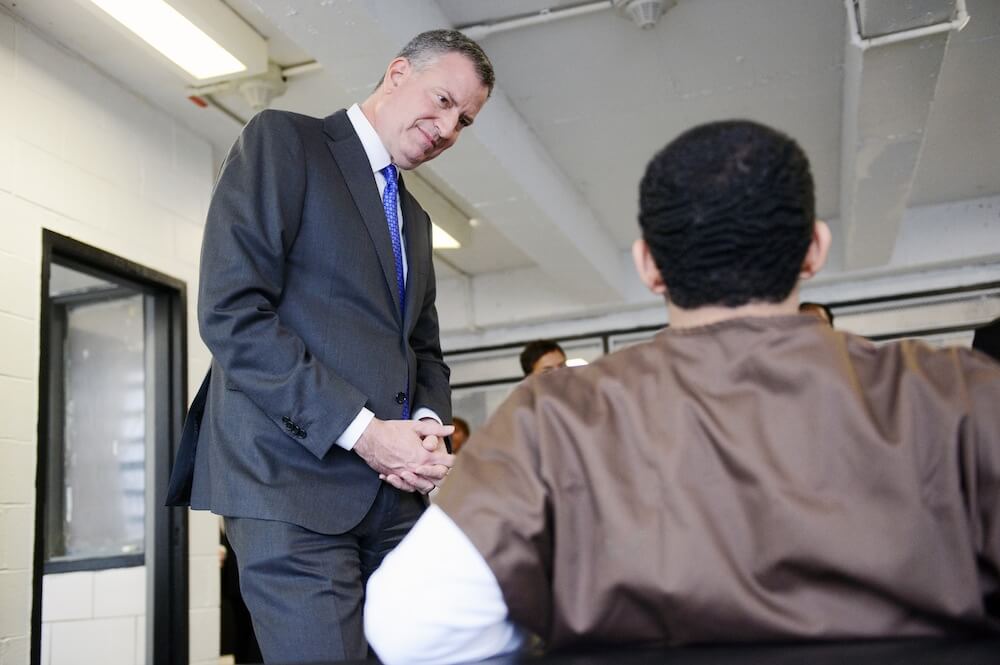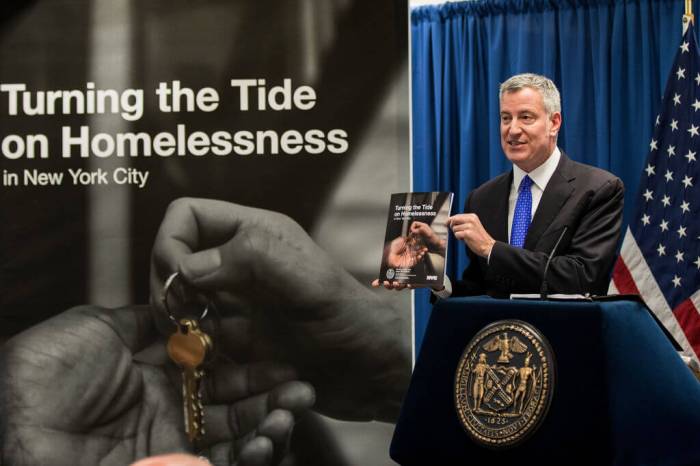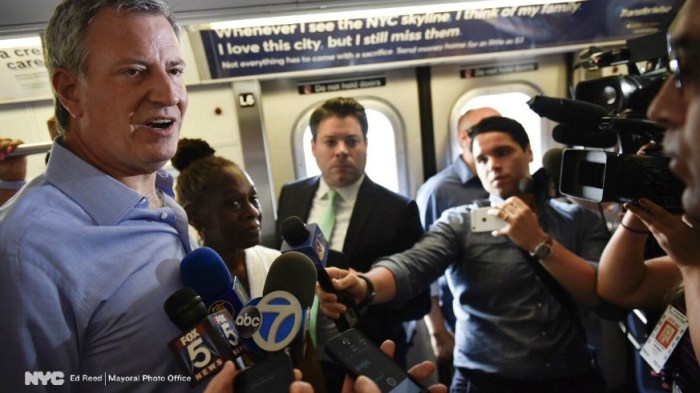New YorkCity unveiled its latest step to reform the city’s bail system on Tuesday: a panel of experts, advocates and policymakers tasked with working with the court system to reform a process critics argue traps low-level offenders in local jails. Calling it the “Bail Lab,” officials hope the latest program can change how the some 47,000 New Yorkers detained on bail every year deal with the courts, asking constituents to share their own experiences. RELATED: Advocates call for end to cash bail after former Rikers inmate commits suicide A new website allows New Yorkers to give their own input on bail problems, with answers to be reviewed by the Mayor’s Office of Criminal Justice. Its director described bail as a “blunt instrument that can yield inequitable results.” “While it is still with us, we must understand whether money bail is the most effective way to ensure that people return to court without re-offending,” Elizabeth Glazer said in a statement, “and we need to develop precise tools to provide judges enough data about risk to make informed decisions.” RELATED: EXCLUSIVE: Mark-Viverito affirms City Council not done with policing reform Whatever results the crowdsourcing brings, tech observer Andrew Rasiej told Metro the collection of New Yorker’s experiences and opinions on a complicated issue is only part of the equation.
“The potential benefits of this effort are numerous,” said Rasiej, who co-founded civic tech space Civic Hall, “but the most important are surfacing as many good ideas as possible while increasing public awareness of the problem, which is critically necessary to generate the political will necessary for change. RELATED: Proposals for grand jury reform stir concerns about equal protections for police The mayor’s office will also work with judges, prosecutors and defense attorneys to find out what can incentivize defendants to return to court if not bail.
Besides researching bail methods that aren’t tied to money, the group will also explore how the process of being bailed out can be sped up and be made more efficient.
Critics of the current bail system point to the case of Kalief Browder, a 22-year-old New Yorker who was jailed at Rikers Island when he was 16 and spent three years behind bars because he could not afford bail. For months, City Hall has been unveiling a series of reforms to prevent similar situations from repeating, including a City Council-sponsored plan to create a citywide bail fund, as well as a $17.8 million program to supervise 3,000 low-risk defendants.
NYC announces new plan of attack on reforming bail system, now with crowdsourcing

Susan Watts/Pool/Getty Images

















